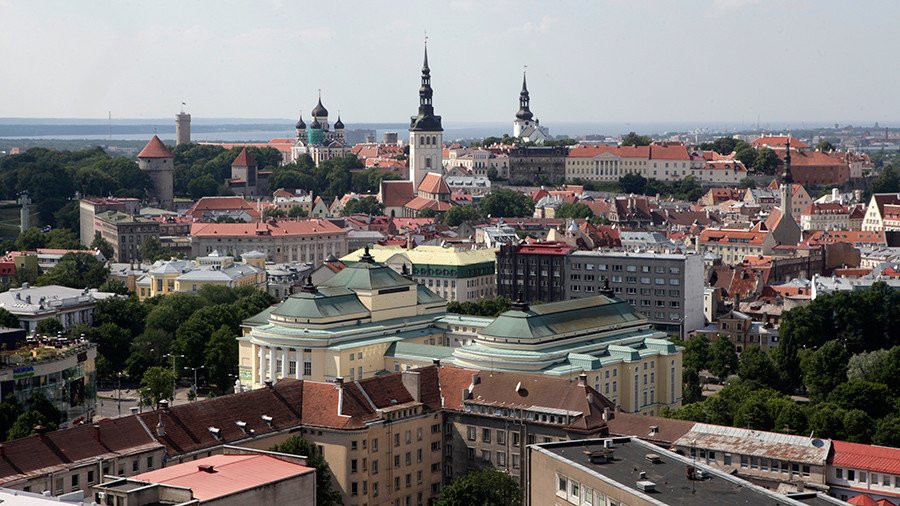Rising pay in Baltic States poses threat to region's competitive performance

The northeast corner of the eurozone has fallen into a trap as increased wages in Estonia, Latvia and Lithuania have started outstripping efficiency gains in the region.
Pay rises have reached their highest since the last boom-bust cycle a decade ago. According to recent European Commission data, within the past three years, nominal unit labor costs have soared in the Baltics more than in any other part of the EU.
#Estonia wants to build a Baltic '#bitcoin' https://t.co/5yU1YmSP5G
— RT (@RT_com) August 23, 2017
“The export sector is particularly sensitive to labor costs outpacing productivity because in a global market they risk losing contracts. There needs to be more flexibility, more openness to attracting people from third countries, a stronger boost in labor skills, or otherwise, we risk facing serious questions for economic growth,” said Tadas Povilauskas, an economist at SEB Bank in the Lithuanian capital of Vilnius, as quoted by Bloomberg.
The small Baltic countries, which have a total population of 6.2 million people, are currently struggling with a shortage of workers. Wages are rising, but are still far behind those paid in Western Europe. Emigration from Lithuania is reportedly the most rapid in the EU, contributing to a 16 percent plunge in the country’s population since it joined the bloc in 2004.
IMF wants Germans to retire later, save less & spend more https://t.co/x6rnqIfLkv
— RT (@RT_com) July 10, 2017
The current situation is jeopardizing the region’s competitiveness, as fast economic growth may be followed by a long and painful recession similar to the one that preceded the 2008 global financial crisis. Lithuania and Estonia are the nations with the fastest inflation in the bloc. Moreover, all the three Baltic countries, being a part of eurozone, cannot control their inflation rate with correcting monetary policy.
With wages growing in some sectors other jobs are reportedly going unfilled. Nearly 40 percent of Latvian businesses are fighting to hire people with the manufacturing and construction sectors suffering the most severe shortages, says the latest report by Latvia’s Citadele Banka.
Adjustments incoming: Italy, Spain, Portugal, Belgium at risk of falling short of new EU budget requirements https://t.co/dxIjGEvS99
— RT (@RT_com) November 16, 2016
The labor shortage may be eliminated by more inflows of immigrant workers. “While checks on construction sites used to mainly uncover our own citizens working illegally, now it’s more and more people from Ukraine and other countries,” Rivo Reitmann, deputy head of the Tax and Customs Board told the Estonian newspaper Aripaev last month.












